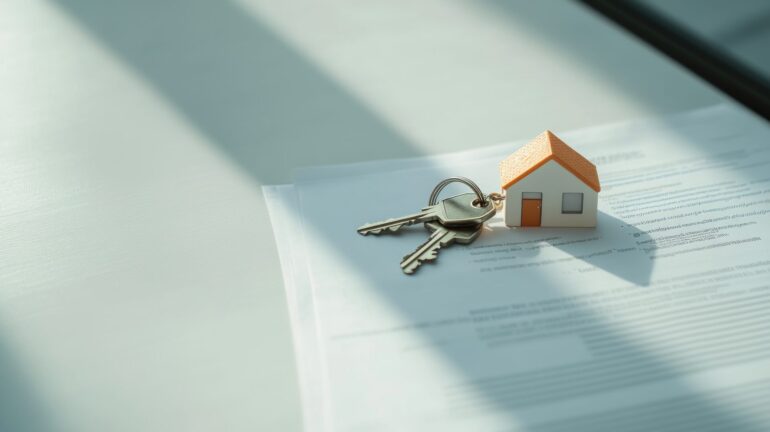Homebuyers paid £848m, in Stamp Duty in January, a £40m increase from January 2024, according to Coventry Building Society’s analysis of latest HMRC statistics.
The increase is likely to have been fuelled by a rush in activity as buyers race to beat the upcoming tax changes, and the increased surcharge paid on second properties – which came into effect from 31st October.
Buyers now have a little over five weeks until 31st March, when the nil-rate threshold drops from £250,000 to £125,000 – taking the tax bill on an average priced home in England from £2,028 to £4,528.
The threshold for first-time buyer relief will drop from £425,000 to £300,000.
The average first-time buyer home in London is £473,282, meaning the Stamp Duty bill for a typical first time buyer in the capital will shoot from £2,414 to £8,664.
Since the temporary thresholds were announced in September 2022, the Treasury has collected more than £31.3bn in property tax.
Jonathan Stinton, head of intermediary relationships at Coventry Building Society, said: “Buying a home is about to get a lot more expensive.
“Those already in the middle of the buying process will be racing against time to beat the deadline.
“Those who can’t get the keys to their new house in the next five weeks need to brace themselves for a hit which could amount to thousands of pounds.”
Stinton added: “Failing to beat the deadline may mean buyers need to eat into their savings to afford the tax hike on their home, or arrange to borrow more on their mortgage to cover the cost.
“Some buyers may even attempt to renegotiate the selling price so the seller ends up taking the hit, and some potential-buyers may be forced to hold off their purchases altogether.
“The pressure of the deadline will be felt by buyers across the market, with some having to make tough financial decisions in the weeks ahead.
“But the impact won’t stop on 1st April – higher costs may affect buyer behaviour for months to come.
“With buyers needing to factor in extra tax we could see a shift in demand, slower sales, and a knock-on effect on house prices.”



